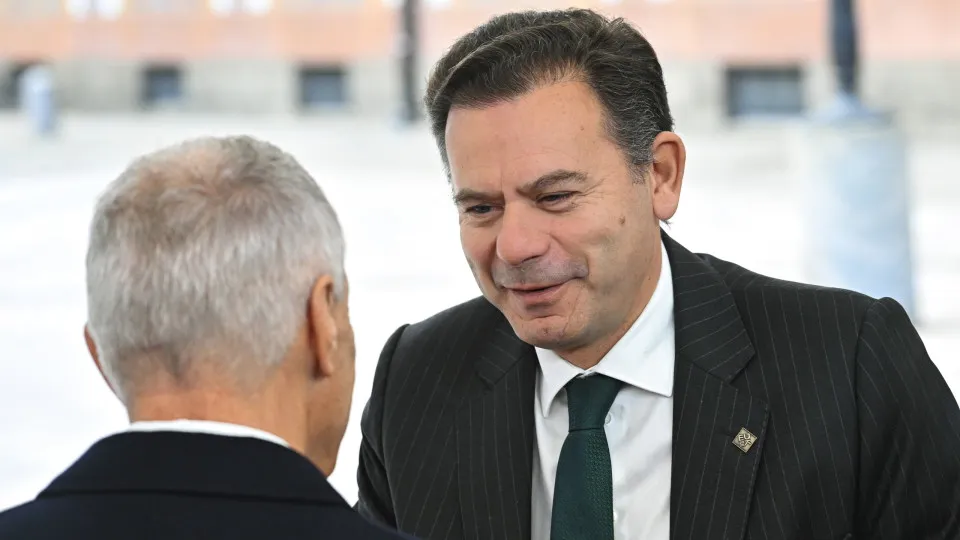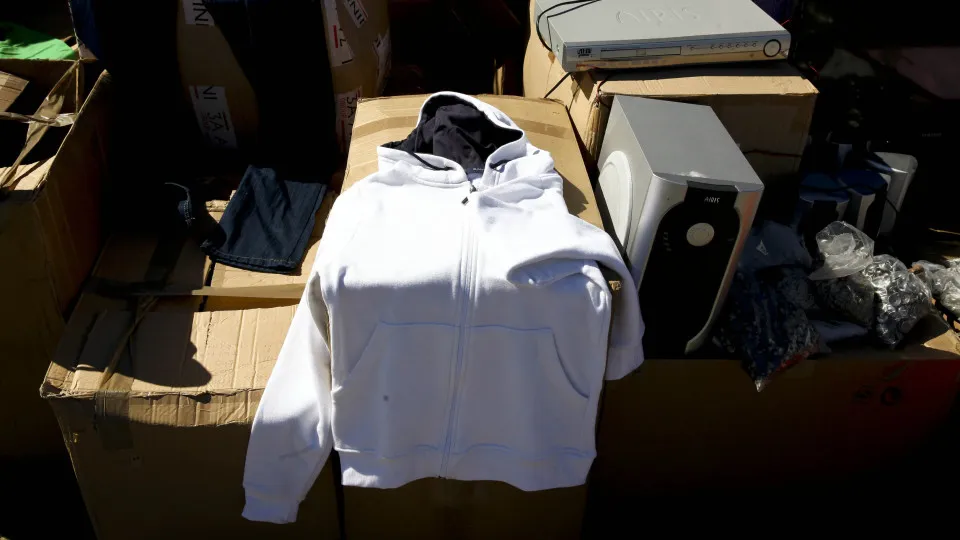
In mid-September, the Council of Rectors of Portuguese Universities (CRUP) received a draft agreement with the Agency for Integration, Migration and Asylum (AIMA), which placed the responsibility on higher education institutions (HEIs) to “collect, analyze, and forward necessary documentation” for issuing visas and residence permits to foreign students, professors, and researchers.
The institutions would need to gather “personal data,” such as addresses or phone numbers, and send it to AIMA, according to the draft collaboration.
HEIs would also be required to forward all necessary documents to process authorization or visa requests, verifying the “veracity and reliability” of those documents beforehand.
The agreement assigns eleven obligations to the institutions, including making “every effort” to ensure applicants’ presence at AIMA offices and “communicating in advance” if they cannot attend.
The proposal, presented to CRUP, initially raised “some concerns.”
The matter is now under review by CRUP’s Internationalization Committee, which will provide feedback and suggestions, according to CRUP President Paulo Jorge Ferreira.
“There are serious issues to overcome. We are being asked to share or pass on personal and sensitive information of students, professors, and researchers,” warned Paulo Jorge Ferreira, questioning the “legitimacy and legal framework” allowing institutions to share personal data.
Document authenticity verification could be another issue: “Universities are not responsible for verifying document legality.”
“Universities are not policing entities and lack staff trained for such verification,” he added, noting the need to hire more personnel to implement the proposed model.
Additionally, institutions would also need to undertake various activities, such as promoting actions to disseminate immigration law or ensuring attendance at AIMA training sessions.
Paulo Jorge Ferreira emphasized that “the protocol is optional and participation is voluntary,” but State Budget funds cover only about 72% of human resources costs, meaning the proposal would further strain financial resources.
Despite criticisms, the CRUP president acknowledged that “the proposal is well-intentioned,” as it seeks to address a challenge faced by Portuguese HEIs, which welcome increasing numbers of international students.
Foreign students now represent about 5% of the total student population in Portugal’s higher education.
“The arrival of international talent is very welcome, and one obstacle is the bureaucratic burden of legalizing students’ status in our country. These legalization difficulties discourage students from choosing us, hindering internationalization,” he stated.
Thus, CRUP plans to invite AIMA for a meeting this month to discuss the agreement and present suggestions.
For the rector of the University of Aveiro, the solution cannot involve “burdening HEIs with more tasks.”
Alternatively, Paulo Jorge Ferreira cited an existing measure at his university, which in 2019 introduced a Local Support Center for Migrant Integration (CLAIM) to aid the local international community and “lessen the burden the university was placing on local CLAIMs.”
In his view, HEIs could provide campus space for this service, “staffed by agency personnel” or trained individuals: “We would provide the space, and they would offer the service.”
Lusa contacted the president of the Coordinating Council of Polytechnic Higher Institutes, who said the document had yet to be received, despite the similar obligations proposed for polytechnic institutes.
AIMA was also contacted by Lusa but has not responded yet.




